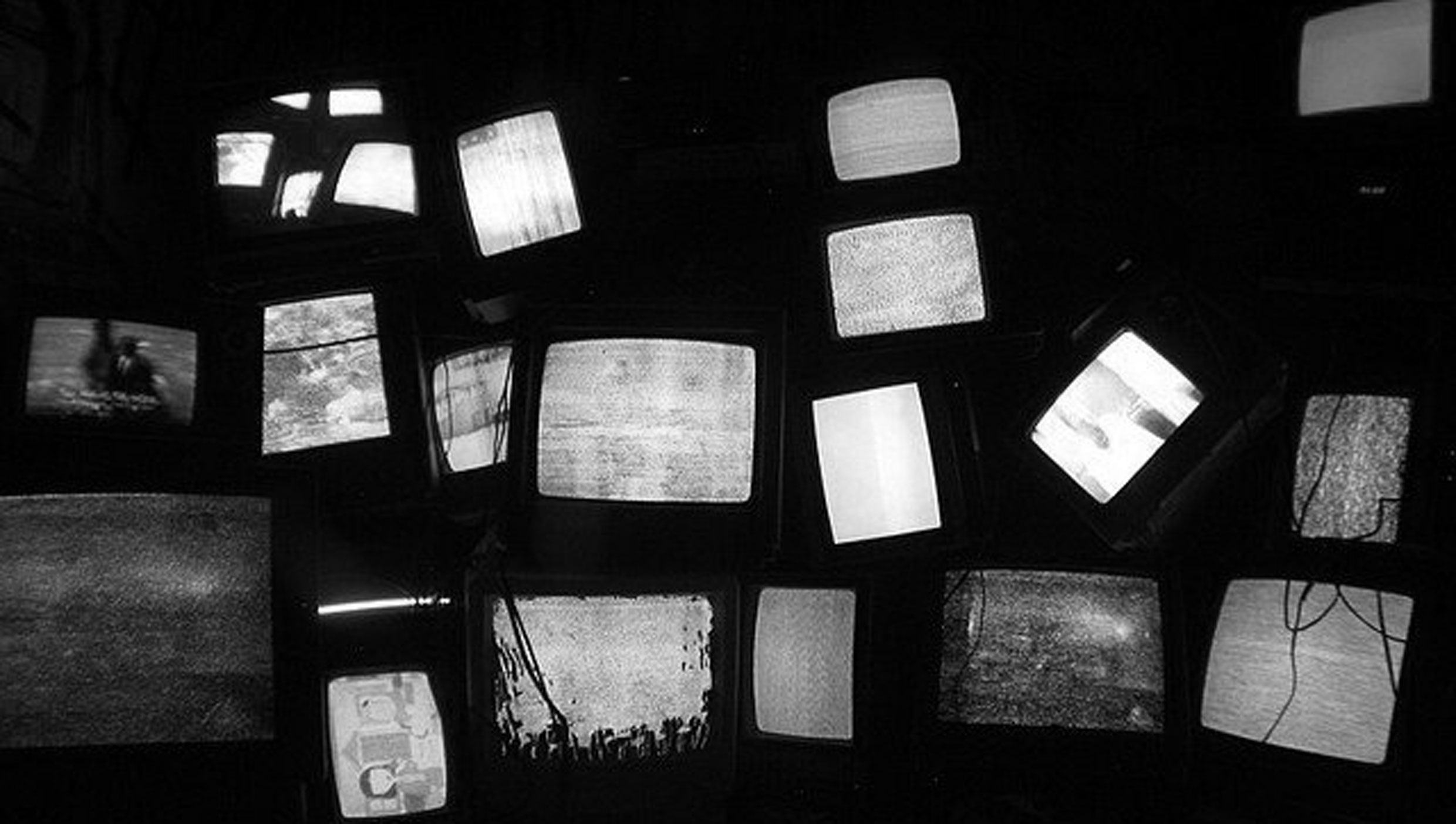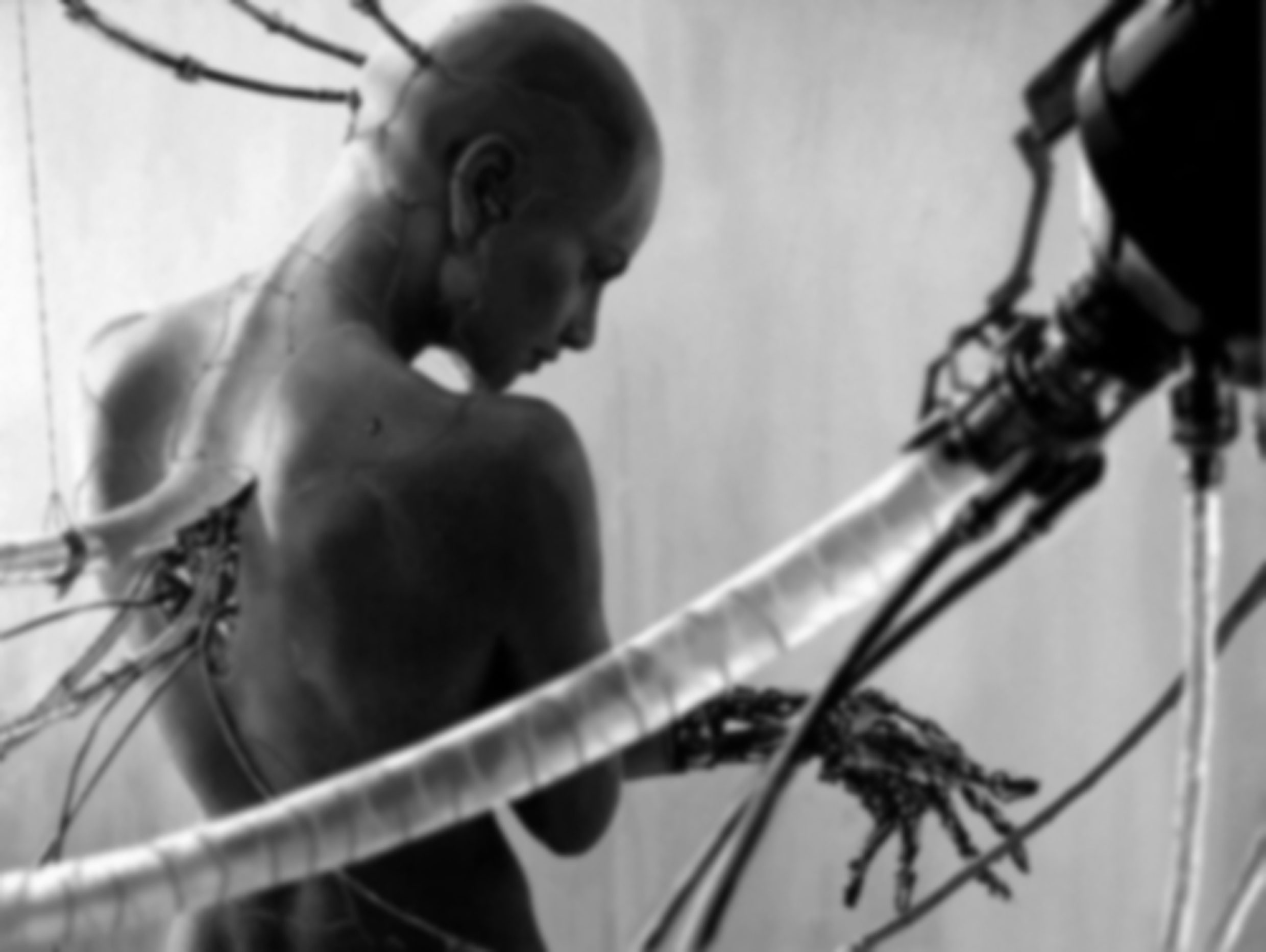Stressed, coffee-addicted journalists are evolving into major media brands themselves, leaving behind companies like The New York Times and The Wall Street Journal, to cover the news in their own way – free from the political agendas of major media. Over the next decade, we’ll witness the solo journalist and the journalist engineer redefine the future of journalism.
Every week, I aim to embody this class of solo journalist that goes against the grain to deliver the news. I started Quick Theories, the weekly technology newsletter you are currently indulging, to help you understand the broad tech concepts that are shaping our future. So you can be proactive, not reactive, regarding technology adoption.
Before starting Quick Theories, I would’ve written for an online tech publication like Engadget, Inverse, or The Verge to get my thoughts across. Now, I compete with them every week thanks to my loyal audience (by the way, thank you!).
This incoming class of solo journalists breaks down the knowledge barrier of major media brands, liberating us from biased confines.
Pigeonholing the Solo Journalist
Since one person cannot produce articles at the rate of The New York Times, no matter how many AI writers they create, the solo journalist excels by covering a niche.
A solo journalist can be an aggregator of knowledge. For instance, Elon Musk News by Zachary Kyra-Derksen compiles everything happening in the Elon-Musk-stratosphere and condenses it into a bi-weekly email newsletter followed by over 220,000 people. (Funny how Elon is in the media so much that Zachary can create an entire newsletter around him)
Sometimes, a solo journalist might comment on the news. A great example is The Information by Jessica Lessin (and a few others), which publishes investigative articles about Silicon Valley to over 2,917 paying members. News commentary doesn’t necessarily report the latest news, but their unique voice conveys the message better (Quick Theories falls in this category).
In other cases, a solo journalist may act as a product influencer. Ben Brooks self-describes The Brooks Review as a no bullshit take on products (apps, iPad, backpacks, etc…). Every week, he gives over 400 paying subscribers product reviews that aren’t swayed by the budget of any particular company.
Interestingly, a solo journalist may just provide insights on life, love, and the pursuit of happiness. One of my favorites is Mike’s Notes by Michael Dariano, which provides valuable book summaries, big ideas, lessons learned, and ways for making decisions. Mike turned his life’s influences into content for others’ enjoyment – like his very own Oprah’s Book Club.
All of these show that the future of journalism doesn’t revolve around massive entities with a “trustworthy” name. Even though 53% of Americans pay for news, often times these entities will turn their back on readers to satisfy their investors.
The Reader is the Purpose
The future of journalism depends on solo journalists that genuinely care about their readers, are interested in conversing ideas, and have a unique way of conveying a message.
The successful solo journalist simply has a pure purpose – the reader.
With the right intentions comes trust. How can you trust someone that isn’t transparent? I never hold back an opinion or withhold knowledge for the sake of the Quick Theories brand because it hurts us both if I lie to you.
Trust isn’t the only catalyst, either. The solo journalist also uses technology to replace words, enhance words, and make words go further.
The Journalist Engineer
Increasingly, news coverage will be ruled by the journalist engineer in the future of journalism. Essentially, the journalist engineer will code, design, and write.
How do you ensure your news isn’t fake? By presenting data, right? Some of the most popular New York Times articles this year have been interactive data representations on oil prices and migration patterns.
However, to create these advanced data models goes beyond creating a simple graph. It requires knowledge of a programming language known as D3, which specializes in producing dynamic, interactive data visualizations in web browsers. News written in code is becoming a popular way of conveying a message…because who doesn’t love pictures.
It’s not all about data either. Design is important too. Those that have made a living designing interactive apps are in a perfect position to transition their design-oriented mind from gaining users to engaging readers. Thus, finding new ways to design the news experience to be more engaging will be very lucrative for the journalist engineer.
The journalist engineer has a multitude of tools at their disposal and needs to be well-versed in all things technology. They won’t necessarily program AI to write their articles, but AI will assist them heavily.
They’ll have an AI assistant like M to help them gather research and insights. Grammarly (or competitors) will evolve to help edit and make sure articles flow for optimal readership. And AI will even collaborate with journalists to reach new audiences.
Personally, as a journalist engineer, I use a tool called Yoast to analyze my articles. Yoast helps me create content that is easier to read and SEO-friendly.
Despite having all the technology in the world, though, how does a solo journalist get readers without the distribution channels of a media brand?
Distribution in the Future of Journalism
If you don’t have an audience, then go where the audience already is – kind of like how opening a restaurant near a mall is a sure-fire way of getting foot-traffic.
With over 1.9 billion active users on Facebook and 3.5 billion daily searches on Google, no doubt this is where the people are at.
Solo journalists know how to use these platforms to spread their voice. Not to toot my own horn, but that’s how I grew this Quick Theories newsletter to over 10,000 subscribers. By posting articles every day on LinkedIn (probably where you found me) and Facebook. I went where the people already were and made content that grabbed people’s attention.
Because the solo journalist doesn’t have access to the inside scoop like The New York Times does, they often are forced to comment on the news in a novel way.
For instance, not a single one of the 51 articles I’ve published on LinkedIn was “new” news. I simply used my unique voice to cover the facts that big name publishers boringly stated elsewhere. Another great example of commenting on the news in a novel way is DJ Akademiks. He’s a YouTube personality that delivers all the drama of the hip-hop realm.
Big Media brands can’t take the risk of being too opinionated. But, the solo journalist makes their living off of their risky, unique opinion – taking advantage of the huge opportunity to create commentary around the news.
Trust is a Two-Way Street
In being opinionated, though, the solo journalist encounters many disagreements with their readers. Holding firm and staying true to their argument builds a rapport between reader and writer that transcends the digital medium.
One of my frequent commenters, Chip, is often picking apart my argument. And I love it! When I see commenters that disagree with me, it tells me I’m doing something right. That we are breaking down the digital barrier and beginning a relationship of trust. A relationship where I challenge my readers’ opinions and my readers hold me accountable to my thoughts.
Think about some of your strongest friendships. They are probably with people you disagree with often – challenging each other’s mindset to get better.
The solo journalist builds trust by speaking their mind and furthering the exploration of knowledge.
As we weather the storm of this transitional period in media, above all the journalist of the future needs to focus on creating great content. We are a species that loves “to know”. We want to know what’s going on with our friends, our communities, our investments, and our future.
The basic tenet of journalism – to spread knowledge – will never change. All that changes for the future of journalism is how it is done.
Knowledge is your most valuable asset
There’s no barrier to attaining knowledge. You don’t have to file taxes on knowledge. And a certain kind of knowledge brings power.
But, it’s also the only asset that disappears when you pass away. Which is why knowledge is meant to be shared.
The moment you learn something new, go teach it to the next person you talk to.
Hoarding knowledge does not give you an advantage, so share it.
That’s why I created Quick Theories – a weekly newsletter exploring modern technology and its possible effects on your future – to help you understand and adopt technology in your own creative way.
If you enjoyed this article and would like to receive one weekly, sign-up here: quicktheories.com



I’m OK with debating or arguing with readers, when they stay civil. The part that annoys me is being called biased because I don’t agree with their point of view. I get this from the political right and left as well as from those who prefer Apple to Windows or vice versa.